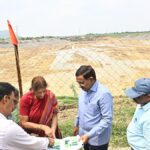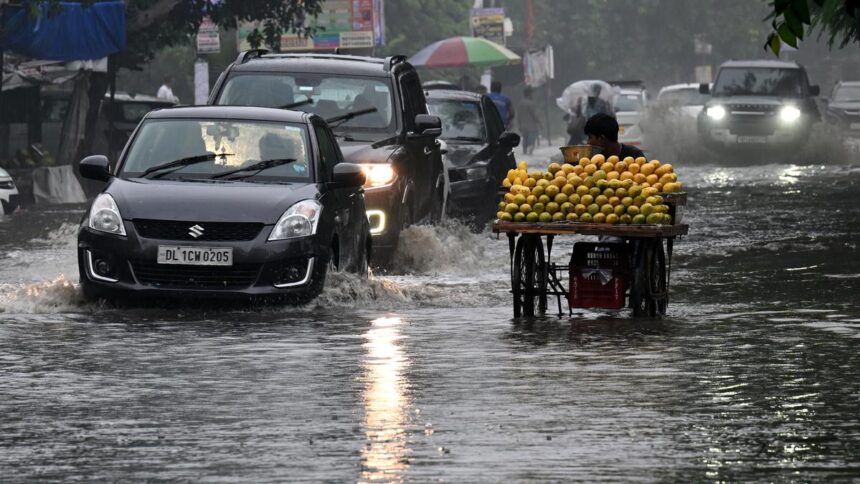
The contaminated wells have been flagged for immediate investigation in order to ensure groundwater quality.
| Photo Credit: KK Mustafah
The water quality in nearly half of the wells in 10 districts in Kerala tested as part of the National Water Quality Monitoring Programme initiated by the Central Pollution Control Board has revealed varying levels of contamination.
Water samples taken from 16 of the total 31 wells analysed as part of the monitoring programme showed varying degrees of contamination. The samples were collected in October 2024 from the wells located in Thiruvananthapuram, Kollam, Alappuzha, Kottayam, Ernakulam, Malappuram, Thrissur, Kozhikode, Palakkad, and Kannur districts.
The contaminated wells have been flagged for immediate investigation in order to ensure groundwater quality.
Concerns
Particularly concerning were the few samples with high to very high most probable number (MPN) values ranging from 400 to 4000, suggesting localised sources of faecal contamination possibly due to poor sanitation, said the report filed by the Kerala government before the National Green Tribunal (NGT) on the State’s solid and liquid waste management scenario on July 23, 2025.
Fifteen samples were found within the acceptable or low-risk levels (below detectable limit or less than 100 MPN/100 ml).
The samples were tested by the Kerala State Pollution Control Board. The Principal Bench of the tribunal in New Delhi had asked the authorities to provide the details of groundwater quality in which a cluster of communities were employing septic tanks for sewage treatment.
The report said there might be chances of contamination in certain areas in which containment was not proper. The urban and rural local bodies have been told to take necessary follow-up action that include retrofitting the improper containment system to a lined containment system such as septic tank/biodigester developed by the Defence Research and Development Organisation/prefabricated septic tank with no leakages to the environment.
The civic bodies have to ensure proper containment systems while issuing permits/clearance for new constructions and establishments. They should monitor groundwater quality regularly through the State Groundwater department and mitigate groundwater contamination with assistance from the department and research organisations.
The local bodies have to organise behaviour change campaigns targeting all stakeholders, including households and establishments, along with training programmes for construction contractors and masons on the proper construction practices for containment systems and to raise awareness against groundwater contamination, the report said.
Published – August 05, 2025 02:43 pm IST




















